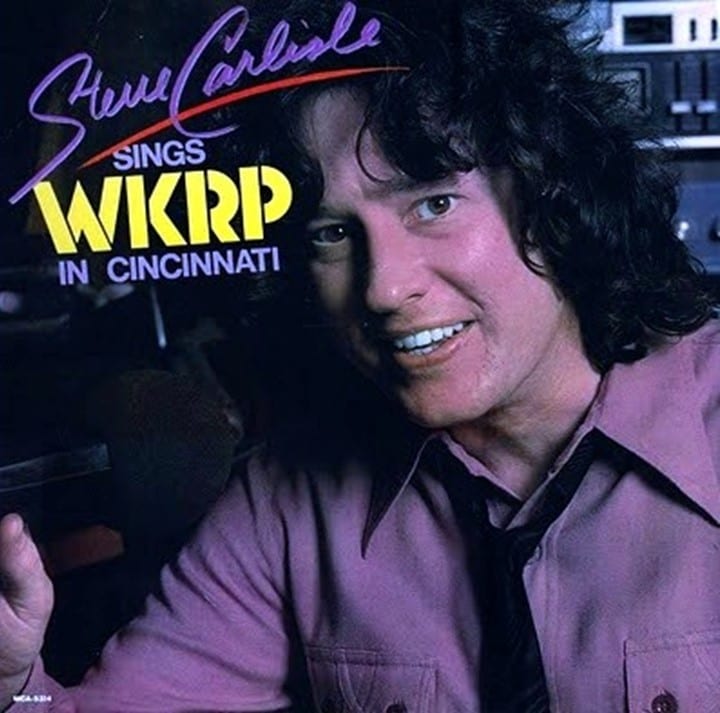About the Album:
“Perhaps the best album to emerge from the quagmire that was early-‘80s California hardcore punk, the visceral, intensely physical presence of Damaged has yet to be equaled, although many bands have tried…Black Flag had been recording for three years prior to this release,” JD including “at least two aborted attempts to record a full-length album since the release of their first EP Nervous Breakdown, with singers Keith Morris, Ron Reyes, and Dez Cadena.” WK Things weren’t working in the vocal department until “20-year-old Washington, DC expatriate Henry Rollins…[became] the band’s new lead singer weeks before the sessions occurred. Unlike Reyes, who had never sung in a studio before and Cadena, who hadn’t even sung before joining the band, Rollins already had one recording credit to his name with the short-lived DC hardcore punk band State of Alert, who recorded No Policy, an EP released earlier in the year on Dischord Records.” WK
“The fact that Henry Rollins was now their lead singer made all the difference. His furious bellow and barely contained ferocity was the missing piece the band needed to become great.” JD With his “venom-dripping vocals leading the way, the album features such hostile teeth-gnashers as Rise Above (‘Try to stop us/It’s no use’), Six Pack (‘I got a six pack, and nothing to do’), and, of course, Life of Pain.” BA
“Also, guitarist/ mastermind Greg Ginn wrote a slew of great songs for this record that, while suffused with the usual punk conceits (alienation, boredom, disenfranchisement), were capable of making one laugh out loud, especially the protoslacker satire TV Party.” JD
“The closing track, Damaged I, is technically Rollins’ first writing credit with the band. In his book Get in the Van, Rollins reports that he used to improvise the lyrics every night when the song was performed live.” WK
“Extremely controversial when it was released, Damaged endured the slings and arrows of outrageous criticism.” JD “Some reacted as though this record alone would cause the fall of America’s youth;” JD prior to its release, “MCA Records president Al Bergamo listened to the album and claimed that the record was ‘anti-parent’…As a result, MCA refused to distribute the already-pressed-and-packaged album.” WK “stating that Black Flag was ‘immoral’ and lacking ‘redeeming social value.’” BA
“When the album finally came out on Ginn’s own SST label, it was clear why MCA recoiled, as Black Flag’s skinhead look and hardcore sound signaled a new chapter in punk – and rock in general.” BA
“The album cover, shot by punk photographer Ed Colver, features Rollins putting his fist through a mirror. The effect was made by cracking the mirror with a hammer, while the ‘blood’ on Rollins’ wrist is a mixture of red ink and coffee. The photograph has been described as ‘iconic’ in the pages of Artforum.” WK
|











:format(jpeg):mode_rgb():quality(40)/discogs-images/R-1437254-1329159281.jpeg.jpg)
